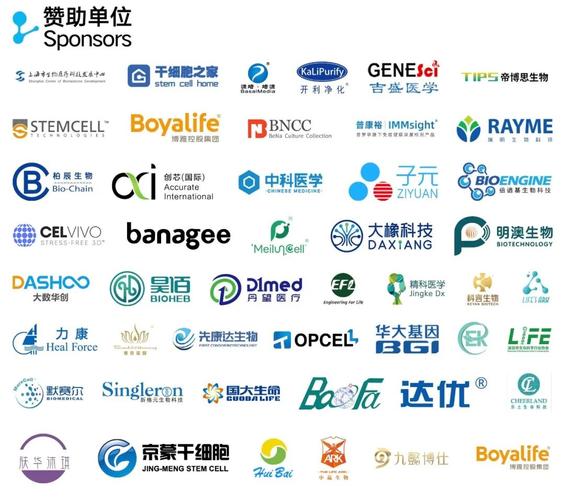Immunotherapy: A Game-Changer in Cancer Treatment
Immunotherapy, a revolutionary approach in the field of cancer treatment, has been making waves in recent years. By harnessing the power of the immune system to fight cancer, this innovative treatment modality has shown remarkable promise in extending the lives of patients. In this article, we delve into the intricacies of immunotherapy, focusing on its core concept, mechanisms, types, benefits, challenges, and future prospects.
Understanding Immunotherapy
Immunotherapy, also known as biotherapy, is a type of cancer treatment that boosts the body’s immune system to recognize and attack cancer cells. Unlike traditional treatments like chemotherapy and radiation therapy, which target cancer cells directly, immunotherapy aims to stimulate the immune system to fight cancer cells more effectively.
![]()
Immunotherapy works by manipulating the immune system’s response to cancer. It can be categorized into two main types: active immunotherapy and passive immunotherapy. Active immunotherapy involves administering substances that stimulate the immune system to produce a targeted response against cancer cells. Passive immunotherapy, on the other hand, involves the direct administration of immune factors or cells that have already been primed to attack cancer cells.
Types of Immunotherapy
There are several types of immunotherapy, each with its unique mechanism of action. Here are some of the most commonly used immunotherapies:
| Immunotherapy Type | Description |
|---|---|
| Checkpoint Inhibitors | Block proteins that prevent the immune system from attacking cancer cells |
| Monoclonal Antibodies | Target specific proteins on cancer cells, leading to their destruction |
| Car T-Cell Therapy | Reprogram T-cells to recognize and kill cancer cells |
| Immune Checkpoint Blockers | Target proteins that help cancer cells evade the immune system |
| Adoptive Cell Transfer | Administer immune cells that have been collected and expanded from the patient’s own body |
Benefits of Immunotherapy
Immunotherapy offers several advantages over traditional cancer treatments. Some of the key benefits include:
-
Targeted Approach: Immunotherapy targets cancer cells specifically, minimizing damage to healthy cells.

-
Long-Term Remission: Some patients experience long-term remission or even complete cure with immunotherapy.
-
Reduced Side Effects: Immunotherapy generally has fewer side effects compared to chemotherapy and radiation therapy.
-
Personalized Treatment: Immunotherapy can be tailored to the individual patient’s immune system and cancer type.
Challenges of Immunotherapy
While immunotherapy has shown great promise, it also comes with its own set of challenges:
-
Immune System Rejection: The immune system may recognize healthy cells as foreign and attack them, leading to autoimmune reactions.
-
Limitations in Response: Not all patients respond to immunotherapy, and the effectiveness can vary widely.
-
Complexity of Treatment: Immunotherapy requires careful monitoring and management, which can be complex and time-consuming.
Future Prospects of Immunotherapy
The field of immunotherapy is rapidly evolving, with ongoing research and development aimed at improving its efficacy and expanding its applications. Some of the future prospects include:
-
Combination Therapies: Combining immunotherapy with other treatment modalities, such as chemotherapy or radiation therapy, may enhance the overall effectiveness.
-
Personalized Medicine: Advances in genomics and immunology will enable the development of personalized immunotherapies tailored to individual patients.
-
Preventive Immunotherapy: Research is ongoing to develop immunotherapies that can prevent cancer from developing in the first place.
Immunotherapy has the potential to revolutionize cancer treatment, offering hope to patients who have previously










